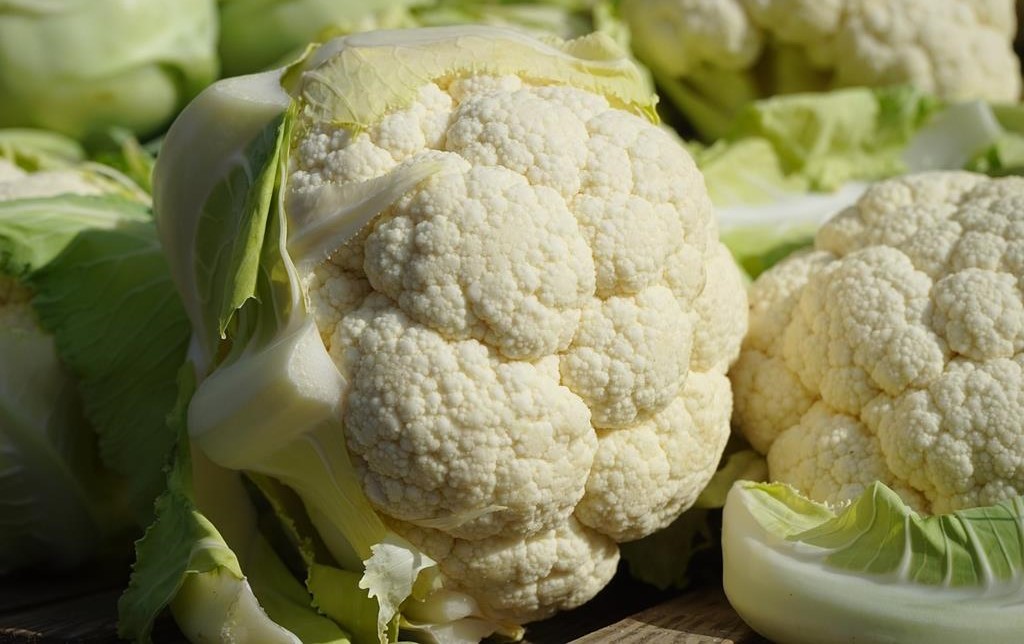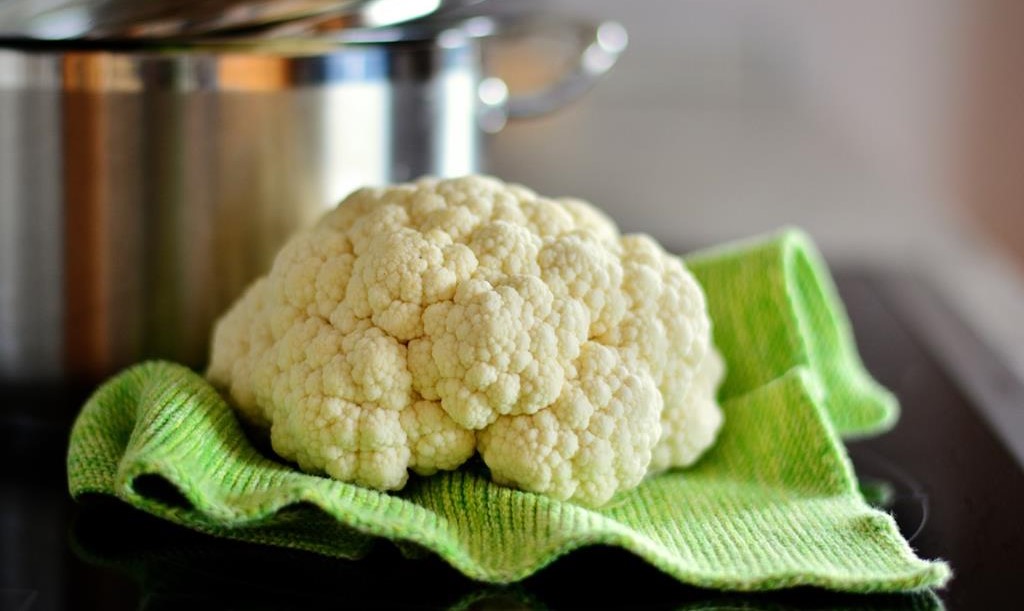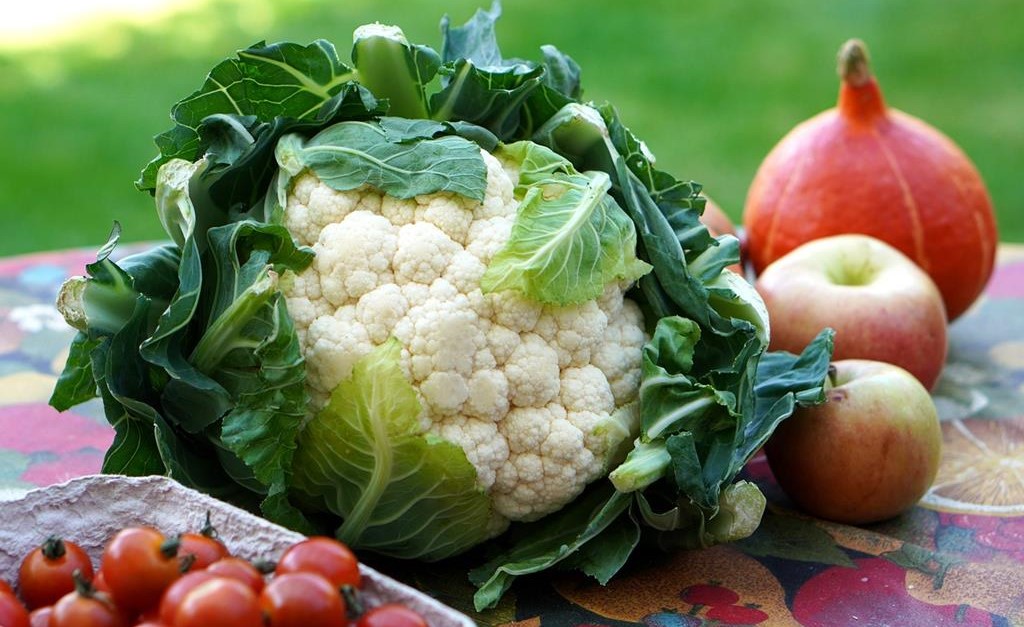Cats are known for their unique dietary preferences, primarily centered around meat-based proteins. Yet, pet owners often contemplate whether it’s safe and advisable to introduce other foods, including vegetables, into their feline companions’ diets. A common question that arises is whether cats can eat cauliflower. In this article, we will explore the suitability of cauliflower for cats, potential benefits, and any associated risks.
Understanding Cat Nutrition
Before delving into the specifics of cats and cauliflower, it’s crucial to grasp the typical dietary needs of these enigmatic felines. Cats are obligate carnivores, meaning their bodies have evolved to thrive on a diet primarily composed of animal-based proteins. Their digestive systems are optimized for extracting nutrients from meat, and their nutritional requirements include essential amino acids, vitamins, and minerals such as taurine, vitamin A, and arachidonic acid.
Key components of a cat’s diet include high-quality proteins, essential amino acids, fatty acids, vitamins, and minerals. These nutrients are critical for maintaining a cat’s overall health, including their coat, skin, and organ function.
Can Cats Eat Cauliflower?

Cauliflower is a cruciferous vegetable and is generally not considered toxic to cats. However, there are several important considerations regarding cats and cauliflower:
- Low Nutritional Value: Cauliflower, while a nutritious vegetable for humans, provides limited nutritional value for cats. It contains fiber, vitamins (such as vitamin C), and some minerals but lacks the essential nutrients that cats require from their diet, primarily derived from animal sources.
- Digestibility: Cats may have difficulty digesting plant matter, including cauliflower, due to their unique digestive systems optimized for processing animal-based proteins. Introduce cauliflower to your cat’s diet gradually and in moderation, and monitor for any signs of digestive upset.
- Gas and Digestive Discomfort: Cauliflower can cause gas and digestive discomfort in some cats due to its fiber content and certain compounds that can be challenging for cats to digest.
- Allergies and Sensitivities: Cats can develop allergies or sensitivities to various foods, including vegetables like cauliflower. If you notice any adverse reactions, such as digestive issues or allergic symptoms, discontinue offering cauliflower.
- Cooking and Preparation: If you decide to offer cauliflower to your cat, it should be cooked thoroughly and chopped into very small, manageable pieces to minimize choking hazards.
How to Offer Cauliflower to Your Cat
If you decide to include cauliflower in your cat’s diet, follow these guidelines to ensure their safety:
- Small Portions: Offer a very small, finely chopped piece of well-cooked cauliflower as an occasional treat. This should not replace your cat’s primary diet of meat-based protein.
- Supervise Consumption: Observe your cat while they eat cauliflower to ensure they chew it thoroughly and do not swallow large, potentially choking pieces.
- Frequency: Cauliflower should be an infrequent treat and should not make up a significant portion of your cat’s diet.
Is Cauliflower Nutritious for Cats?
Cauliflower is not a particularly nutritious or essential food for cats. While it contains some vitamins and minerals, such as vitamin C and fiber, these nutrients are not considered essential for a cat’s diet. Cats have specific dietary requirements that are best met through high-quality cat food formulated to provide the necessary nutrients, such as protein, taurine, and specific vitamins and minerals.
While giving your cat a small piece of cooked cauliflower as an occasional treat is unlikely to harm them, it should not be a primary source of nutrition for your cat. Cats are obligate carnivores, which means their diet should primarily consist of animal-based proteins. Offering a well-balanced cat food designed for their nutritional needs is the best way to ensure their health and well-being. If you have concerns about your cat’s diet or nutrition, it’s always a good idea to consult with your veterinarian for guidance.
How Should I Prepare Cauliflower for My Cat?

If you decide to offer cauliflower to your cat as an occasional treat, it’s essential to prepare it in a way that is safe and easy for your cat to eat. Here’s how to prepare cauliflower for your cat:
- Cook the Cauliflower: Raw cauliflower can be challenging for cats to digest and may not be as palatable to them. Therefore, it’s best to cook the cauliflower before offering it to your cat. You can steam or boil the cauliflower until it becomes soft and easily chewable. Ensure that it is thoroughly cooked to make it more digestible.
- Remove Seasonings and Additives: Do not add any seasonings, spices, oils, butter, or sauces to the cauliflower. Cats should only eat plain, unseasoned cauliflower to avoid any potential harm from added ingredients.
- Cut into Small Pieces: After cooking, cut the cauliflower into small, bite-sized pieces or florets. This will make it easier for your cat to eat and reduce the risk of choking.
- Serve in Moderation: Offer only a small amount of cooked and plain cauliflower to your cat. A small piece or two is generally sufficient. Remember that cauliflower should be an occasional treat and not a significant part of your cat’s diet.
- Observe for Any Adverse Reactions: After your cat has tried cauliflower, observe them for any adverse reactions. Some cats may have sensitivities to certain vegetables, so watch for signs of digestive upset, such as gas, diarrhea, or vomiting. If you notice any negative reactions, discontinue giving cauliflower.
Always keep in mind that cauliflower should not replace your cat’s regular cat food, as it lacks many essential nutrients that cats need for their health. Treats like cauliflower should be given sparingly and should not compromise your cat’s overall balanced diet. If you have any concerns or questions about your cat’s diet, consult with your veterinarian for personalized advice.
(FAQs) about whether cats can eat cauliflower:
-
Can Cats Eat Cauliflower?
- Yes, cats can eat cauliflower, but it should only be given in small amounts as an occasional treat. Cauliflower is not toxic to cats, but it’s not a natural part of their diet.
-
How Should I Prepare Cauliflower for My Cat?
- If you decide to give your cat cauliflower, it should be cooked and served plain, without any added seasonings, spices, or oils. Steam or boil the cauliflower until it’s soft and easy to chew.
-
Can Cats Eat Raw Cauliflower?
- It’s best to avoid feeding raw cauliflower to your cat. Raw cauliflower can be difficult for cats to digest, and cooking it makes it more palatable and easier for them to consume.
-
How Much Cauliflower Can I Give My Cat?
- Cauliflower should be offered to your cat in very small quantities, as an occasional treat. A small piece or two is sufficient. Too much cauliflower can lead to digestive upset, including gas and diarrhea.
-
Are There Any Risks Associated with Feeding Cauliflower to Cats?
- Feeding cauliflower to cats in moderation is generally safe. However, some cats may have sensitivities or allergies to certain vegetables, so it’s essential to monitor your cat for any adverse reactions. If you notice any digestive issues or discomfort, discontinue giving cauliflower.
-
Should I Consult My Veterinarian Before Giving Cauliflower to My Cat?
- It’s a good practice to consult your veterinarian before introducing any new food into your cat’s diet, including cauliflower. Your veterinarian can provide guidance based on your cat’s specific dietary needs and any underlying health conditions.
Remember that cauliflower should never replace your cat’s regular cat food, which is specially formulated to meet their nutritional requirements. Treats like cauliflower should be given sparingly and should not make up a significant portion of their diet.
Conclusion
In conclusion, cats can eat cauliflower in small quantities as an occasional treat, provided it is well-cooked and finely chopped. While cauliflower is not typically toxic to cats, it should not replace their primary diet of meat-based proteins. Always prioritize a balanced diet that meets your cat’s nutritional needs, and consult with your veterinarian if you have concerns or questions about introducing new foods into your pet’s diet. When offered in moderation, cauliflower can be a safe and occasional addition to your cat’s treat options.



